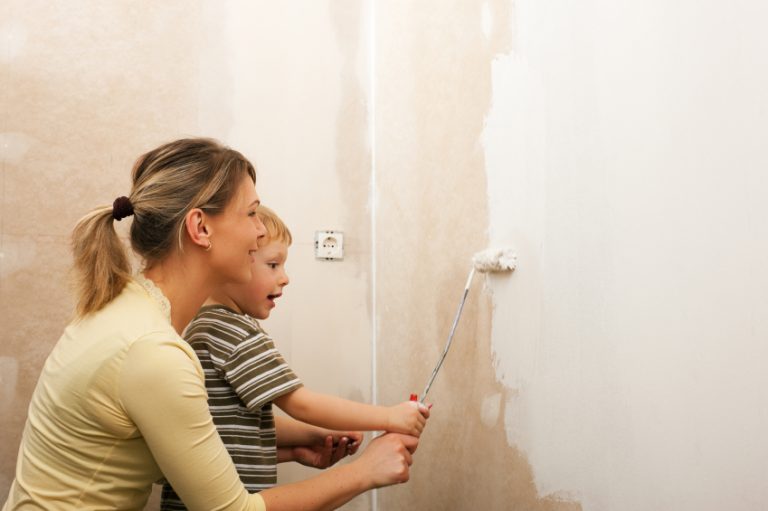A New Approach for Those Frustrating Discipline Moments
September 15, 2015
This summer gave me plenty of time to interact closely with my entering-adolescence daughter. It also left me with a sense that we were going to need a different approach to discipline. Raging hormones just aren’t that responsive to sharp words or punishments. I realized that I had to step into her shoes, remember that she felt as out of control as she was acting, and get creative about dealing with tense situations. Any mom of high maintenance children, from preschoolers to high-schoolers, will probably know what I’m talking about.
Because it had been circling my mind, I was intrigued by an article I read about Dr. Ross Greene and his research, Collaborative and Proactive Solutions, being used in schools. He focuses most of his attention on behaviorally challenged kids who traditionally end up in the principal’s office and eventually expelled. However, the main thrust of his ideas resonates with my need for a new approach.
Greene argues that we need to shift our perspective on children who misbehave. Society tends to see a child acting up as attempting to manipulate us or win attention for themselves. Alternatively, Greene suggests that it all boils down to skill or understanding how to do what is expected. Difficult children misbehave when they do not have the ability to do what is asked of them whether because of something in the world around them or whatever is going on inside them. Rather than approach these times as a fight, we see the child as someone who needs help. Teachers and parents talk through the issue with them and brainstorm ideas for dealing with this situation. Our goal becomes to problem solve rather than punish.
From my perspective, kids leave this situation with two benefits. First, they have a strategy for dealing with that specific issue the next time it comes up or, I imagine, after a few attempts to learn. In addition, they can see us as “on their side” during confusing times. We know, as parents, that when we discipline our kids, we are showing a massive amount of care for them because we don’t want them to grow up as spoiled brats. It’s harder for a child who is struggling already to see this as an act of love. While this is inescapable at times, an approach that asks us to come along side our kids seems like a breath of fresh air.
One small article can’t sum up the research and strategies taught by Dr. Greene. If it caught your attention, he has a very informative website Lives in the Balance. Check it out!






